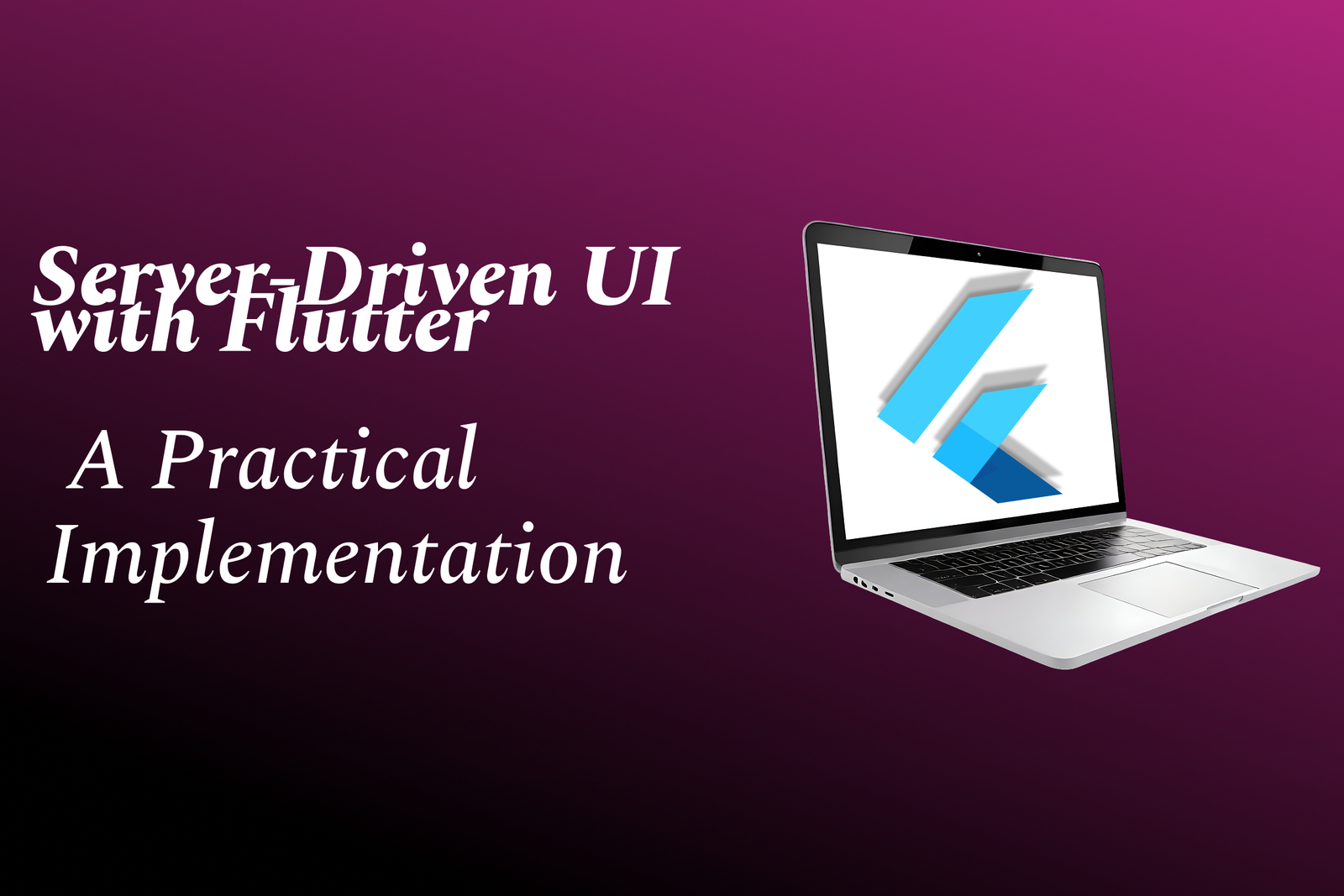File Handling Program in PHP with Output
A file handling program in PHP enables developers to perform operations such as creating, reading, w
File Handling Program in PHP with Output
A file handling program in PHP is essential for managing data dynamically on web servers, allowing developers to create, read, update, and delete files effortlessly. This capability is useful for tasks such as storing user information, logging activity, or generating downloadable content, thereby enabling more interactive and data-driven websites. For example, a PHP script can read a text file and display its contents or write new data into a file based on user input. The output typically involves displaying the file content on the webpage or confirming that a file has been successfully updated. Overall, PHP file handling is a fundamental tool that enhances website functionality by simplifying data management processes.
To Download Our Brochure: https://www.justacademy.co/download-brochure-for-free
Message us for more information: +91 9987184296
A file handling program in PHP is essential for managing data dynamically on web servers, allowing developers to create, read, update, and delete files effortlessly. This capability is useful for tasks such as storing user information, logging activity, or generating downloadable content, thereby enabling more interactive and data driven websites. For example, a PHP script can read a text file and display its contents or write new data into a file based on user input. The output typically involves displaying the file content on the webpage or confirming that a file has been successfully updated. Overall, PHP file handling is a fundamental tool that enhances website functionality by simplifying data management processes.
Course Overview
The “File Handling Program in PHP with Output” course covers essential techniques for managing files in PHP, including creating, reading, updating, and deleting files. Students will learn to write efficient scripts for handling data securely, along with real-world projects demonstrating practical implementation. The course concludes with a focus on understanding file I/O operations and viewing actual program outputs, empowering learners to build dynamic, data-driven web applications confidently.
Course Description
The “File Handling Program in PHP with Output” course teaches essential skills for managing files in PHP, including creating, reading, updating, and deleting files. Through practical examples and real-time projects, learners will gain hands-on experience in file operations and view program outputs, enabling them to develop dynamic web applications efficiently.
Key Features
1 - Comprehensive Tool Coverage: Provides hands-on training with a range of industry-standard testing tools, including Selenium, JIRA, LoadRunner, and TestRail.
2) Practical Exercises: Features real-world exercises and case studies to apply tools in various testing scenarios.
3) Interactive Learning: Includes interactive sessions with industry experts for personalized feedback and guidance.
4) Detailed Tutorials: Offers extensive tutorials and documentation on tool functionalities and best practices.
5) Advanced Techniques: Covers both fundamental and advanced techniques for using testing tools effectively.
6) Data Visualization: Integrates tools for visualizing test metrics and results, enhancing data interpretation and decision-making.
7) Tool Integration: Teaches how to integrate testing tools into the software development lifecycle for streamlined workflows.
8) Project-Based Learning: Focuses on project-based learning to build practical skills and create a portfolio of completed tasks.
9) Career Support: Provides resources and support for applying learned skills to real-world job scenarios, including resume building and interview preparation.
10) Up-to-Date Content: Ensures that course materials reflect the latest industry standards and tool updates.
Benefits of taking our course
Functional Tools
1 - Text Editors (such as Visual Studio Code, Sublime Text, or Notepad++): These tools serve as the primary environment for writing, editing, and managing PHP scripts related to file handling. They offer syntax highlighting, code completion, and debugging support which simplifies coding and helps students learn efficiently. A good text editor enhances productivity and reduces the chances of errors by providing instant feedback and error detection features, making it easier for students to focus on understanding file operations without getting bogged down by complex setup processes.
2) Local Web Server (like XAMPP, WAMP, or MAMP): Setting up a local server environment allows students to run PHP scripts on their own computers securely. These tools bundle Apache, PHP, and MySQL into a single package, providing a ready to use platform for testing and executing file handling programs. Facilitating real time testing, they help learners observe output immediately, understand server client interactions, and gain hands on experience with server based file management—crucial for real world web development.
3) PHP Development Environment (integrated within IDEs like PHPStorm or extensions for editors): Such environments offer advanced debugging, code navigation, and integrated terminal features, making the development of file handling scripts more efficient. They support error detection, version control integration, and provide a structured workspace, enabling students to write cleaner code. By using these tools, learners can quickly identify issues, understand code flow, and develop best practices for handling files in PHP.
4) Database Management Tools (such as phpMyAdmin): For courses that incorporate data storage alongside file handling, database tools help students understand how PHP interacts with databases. They facilitate easy creation, modification, and querying of databases, complementing file operations like storing file paths or user data. Gaining familiarity with these tools broadens students' skills and prepares them for full stack development roles.
5) Browser (like Google Chrome, Mozilla Firefox): Since PHP scripts are executed on a server and output is viewed through browsers, a reliable web browser is essential. It allows students to test the visual and functional aspects of their file handling applications in real time. Browser dev tools also assist in debugging, inspecting network requests, and analyzing output rendering, thereby enriching the learning experience through hands on experimentation.
6) Version Control Tools (such as Git and GitHub): These are vital for managing code changes, collaborating with peers, and maintaining project versions. Learning to use version control ensures students can track modifications in their file handling scripts, revert to previous states if needed, and collaborate efficiently on larger projects. This skill is essential for professional development and integrating best practices into development workflows.
7) Command Line Interface (CLI): Basic knowledge of terminal or command prompt operations helps students understand file system navigation, permission setting, and script execution outside of GUI tools. Command line tools like Bash or Windows Command Prompt provide a deeper understanding of how file systems operate at the OS level, reinforcing concepts like file permissions, directory structures, and scripting automation that can be beneficial in complex file handling scenarios.
8) Output Consoles and Debugging Tools within IDEs: The integrated console window in IDEs displays output from PHP scripts, including errors and debugging information. These tools assist students in troubleshooting issues related to file permissions, paths, or syntax errors. By using debugging features, learners gain insights into their code's execution flow and learn to identify issues efficiently, leading to more robust script development.
9) FTP/SFTP Clients (such as FileZilla): For courses that extend to managing files on remote servers, FTP clients enable secure file transfer and management. Students learn how to upload, download, and organize files remotely, simulating real world scenarios where web applications and websites are often hosted on remote servers. This experience broadens their understanding of remote file management and deployment processes.
10) Project Management and Documentation Tools (like Trello or OneNote): These tools assist students in organizing coursework, planning project structures, and documenting their learning process. Effective project management ensures clarity and systematic progress in building file handling applications, laying a strong foundation for professional development practices. Good documentation skills also prepare students for collaborative projects and future maintenance of their code.
11 - PHP Configuration Files (php.ini): Understanding and configuring php.ini settings related to file uploads, permissions, and error reporting helps students grasp how server environments influence file handling. Familiarity with these configurations ensures that students can troubleshoot issues related to server restrictions, upload size limits, and security, making their applications more reliable and secure.
12) Security Tools and Practices: Incorporating tools and techniques such as input sanitization, validation scripts, and security headers helps students learn how to prevent common vulnerabilities like file inclusion attacks or unauthorized access. Teaching best security practices ensures they develop robust file handling applications that adhere to industry standards for data protection.
13) Testing Frameworks (like PHPUnit): Although primarily used for unit testing PHP code, these frameworks allow students to automate testing of their file handling scripts. Reliable testing practices help identify bugs early, improve code quality, and instill disciplined development habits. It also prepares learners for enterprise level projects demanding automated testing.
14) Code Snippets and Template Repositories: Using pre built code snippets or templates accelerates learning by providing reusable modules for common file operations such as reading, writing, deleting, or renaming files. Access to such resources enables students to focus on customizing solutions rather than reinventing basic functionalities, boosting productivity.
15) Online Learning Platforms and Forums (like Stack Overflow, PHP.net): Engaging with community forums and official documentation exposes students to real world issues, troubleshooting techniques, and best practices shared by experienced developers. Leveraging these platforms enhances problem solving skills and encourages collaborative learning.
16) Cloud Storage Integration Services (such as AWS S3, Google Cloud Storage): For advanced courses, integrating cloud storage solutions teaches students how to handle files in scalable, distributed environments. This knowledge is vital for developing applications that require large storage capacity, high availability, and remote access.
17) Continuous Integration/Continuous Deployment (CI/CD) Tools (like Jenkins, GitHub Actions): Automating testing, deployment, and monitoring of file handling applications ensures that students understand development workflows used in professional settings. These tools help maintain code quality, facilitate collaboration, and streamline updates.
18) Documentation Tools (Markdown editors, wiki platforms): Creating clear documentation for file handling processes, code, and workflows ingrains good communication skills. Proper documentation supports maintainability and is essential when working in teams or delivering projects to clients.
19) Performance Monitoring Tools: Tools like New Relic or NewRelic Browser provide insights into the performance of file handling scripts in production environments. Learning to monitor and optimize script performance prepares students to develop efficient, scalable applications suitable for real world deployment.
20) Backup and Recovery Solutions: Teaching students how to implement and use backup strategies for files and data ensures data integrity and availability. Familiarity with backup tools and recovery procedures is essential for managing critical applications and understanding disaster recovery concepts.
21 - Containerization Platforms (like Docker): Using containerization simplifies environment setup for running PHP and file management applications. It provides consistent development environments, reduces configuration issues, and accelerates deployment pipelines, giving students practical skills aligned with modern DevOps practices.
22) Educational Simulators or Virtual Labs: Simulated environments or virtual lab setups allow students to practice file operations securely without affecting actual systems. These tools are ideal for experimenting with permissions, security configurations, and error handling safely, fostering hands on learning.
23) User Authentication and Authorization Tools: Incorporating login systems and role based access controls demonstrates how to secure file operations. Learning these concepts equips students with skills necessary for developing secure applications handling sensitive or restricted files.
24) API Integration Platforms: Teaching how to connect PHP applications with third party APIs for file management (like cloud storage or external services) prepares students for integrating various services, expanding their functional capabilities.
25) Learning Analytics and Feedback Tools: Incorporating analytics to track student progress, common errors, and areas needing improvement helps tailor the learning experience. It ensures that students receive targeted guidance on mastering file handling techniques in PHP and related technologies.
Browse our course links : https://www.justacademy.co/all-courses
To Join our FREE DEMO Session: Click Here
This information is sourced from JustAcademy
Contact Info:
Roshan Chaturvedi
Message us on Whatsapp:
Email id: info@justacademy.co
Power Bi Certification Mock Test
Power BI Training Amsterdam
Selenium Training Institutes In Tirupati
Calculator Program In Php Without User Input
PHP File Handling Program with Output Examples for Beginners
PHP File Handling Tutorial with Output Examples for Beginners
PHP File Handling Example with Output: Step-by-Step Guide for Beginners
PHP File Handling Program with Output: Beginner's Guide to File Operations in PHP










